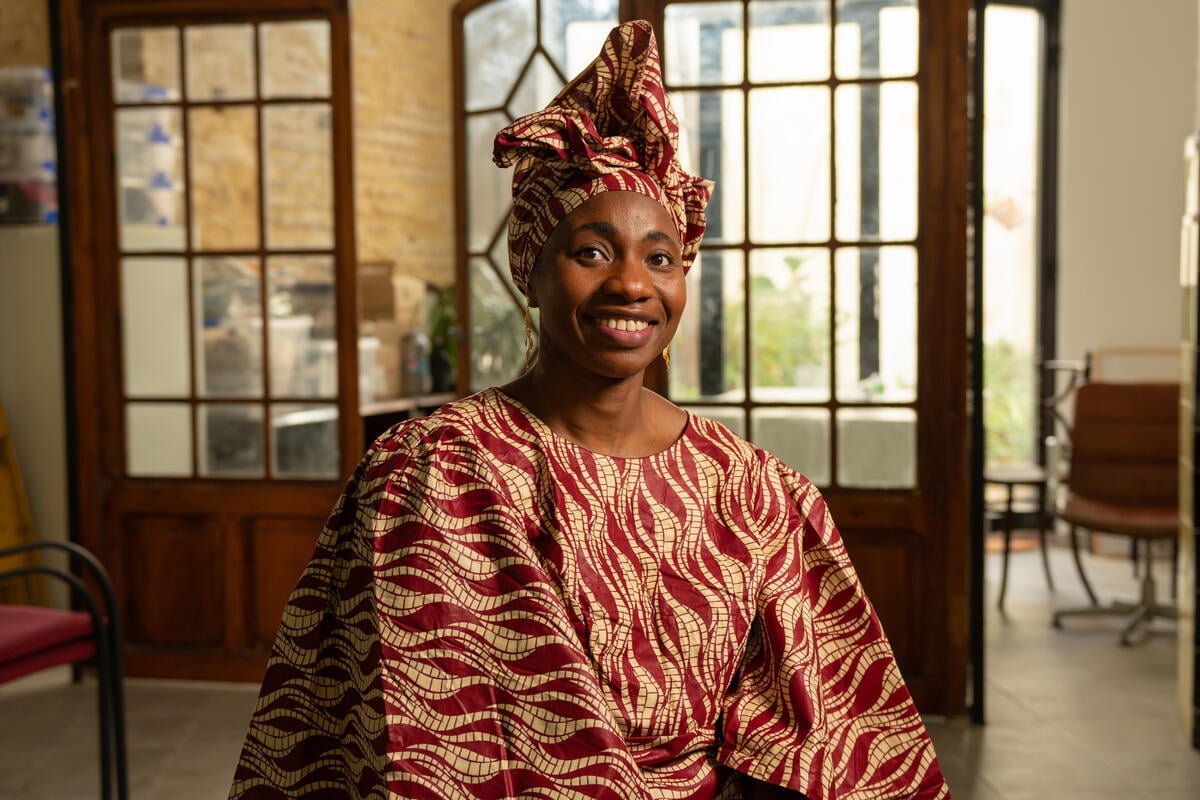UNHCR: CAR refugee returns are happening; more assistance needed to sustain trend
UNHCR: CAR refugee returns are happening; more assistance needed to sustain trend

Returning refugee families wait at a transit centre in the Central African capital Bangui, having made the river crossing from the Democratic Republic of the Congo, September 2024.
GENEVA – As the Central African Republic (CAR) continues moving toward recovery from a protracted crisis, there has been a modest but important return of refugees to the country, and UNHCR, the UN Refugee Agency, is urging the international community to intensify its support to ensure the trend is sustained.
With over 664,000 Central African refugees still living in neighbouring countries, the scale and pace of voluntary returns and socioeconomic integration efforts must be significantly increased to ensure the enduring success of the programme.
Since 2017, UNHCR and partners have facilitated the voluntary return to CAR of over 49,000 Central African refugees from neighbouring Cameroon, the Democratic Republic of the Congo and the Republic of Congo, with an additional 300,000 targeted for repatriation by 2028. In 2024 alone, more than 15,000 refugees have returned.
Despite this progress, current forecasts indicate that without a significant scale-up in funding and support, the voluntary return programme could take over a century to repatriate all Central African refugees.
The progress made has demonstrated that collaboration and commitment can yield results. In areas like Bria, Kaga Bandoro and Baoro, internally displaced people (IDPs) are rebuilding their lives through improved infrastructure, access to essential services, and income-generating opportunities. However, the challenges are immense. The CAR remains one of the world’s most fragile states, ranking 188 out of 189 in the Human Development Index, with widespread food insecurity, fragile social cohesion, and a lack of basic services in return areas.
Launched in 2023, the CAR Solutions Support Platform is a multilateral initiative led by the CAR Government with support from UNHCR and international partners. It aims to address the complex challenges of forced displacement through three pillars: voluntary repatriation, reintegration in CAR, and socioeconomic integration for those opting to stay in host countries. The platform supports initiatives such as issuing identity documents to facilitate rights access, enhancing livelihoods, and building local capacity to sustain returnees and host communities.
"Every step we take – whether helping a family return to CAR or supporting a refugee to thrive in a host country – proves that solutions are within reach," said Fafa Olivier, UNHCR Representative in the Central African Republic. "But the scale of the need requires more partners, more resources, and stronger commitments."
For potential returnees, delays mean prolonged displacement, disrupted lives, and missed opportunities to contribute to their communities' recovery. For host countries, the continued strain on resources risks undermining their continued generosity.
UNHCR calls on donors, governments, and development partners to bolster their commitment. An estimated $234 million is urgently needed to fund infrastructure, documentation, livelihood support, access to energy, environmental protection and essential services for the return and reintegration of 300,000 targeted returnees by 2028. Without immediate action, we risk condemning another generation to displacement and dependency. The future of Central African refugees depends on the choices made today.
For more information please contact:
- Alpha Seydi Ba, [email protected], +221 77 200 36 81
- William Spindler, [email protected], +41 79 549 59 98









